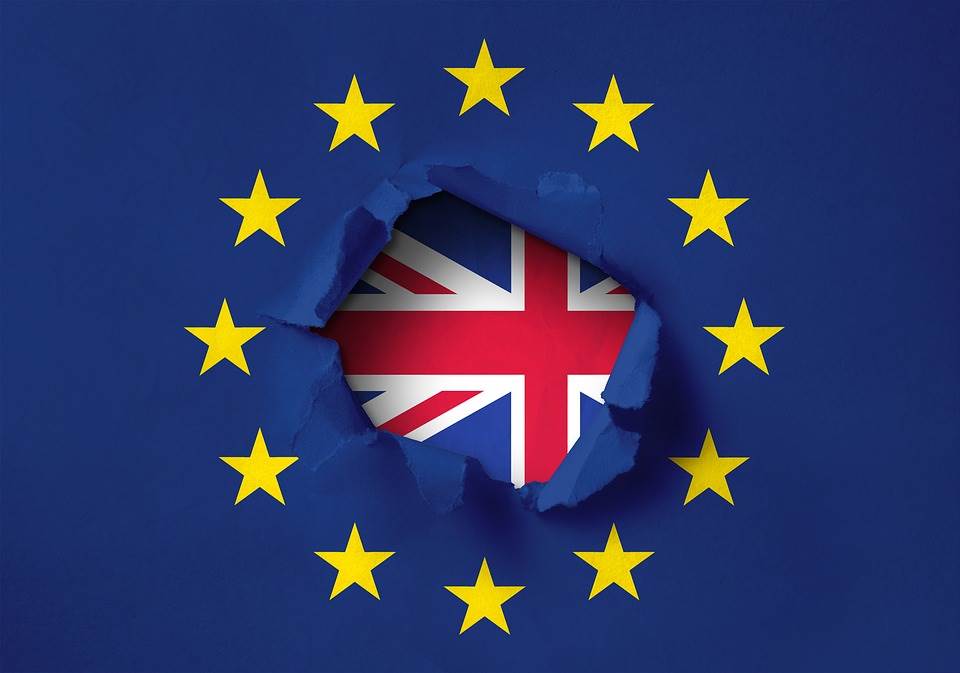 British Prime Minister Boris Johnson’s attempt to call a snap national election was quashed on Monday when only 293 members of parliament (MPs) voted in support of Johnson’s motion, significantly short of the threshold needed to pass it. The loss marked Johnson’s sixth parliamentary defeat in six days. MPs had previously announced their opposition to the early election, saying that a law preventing a no-deal Brexit must be passed before a new election. The British parliament is now suspended until October 14th, and the current Brexit date is set for October 31st, whether or not a deal has been reached. Nevertheless, a new law that was confirmed on Monday will force Johnson to delay the Brexit until January 20202 unless a deal or a no-deal Brexit is confirmed by MPs by October 19th. Johnson has long held strong to the belief that he will bring the UK to a Brexit by October 31st, no matter what.
British Prime Minister Boris Johnson’s attempt to call a snap national election was quashed on Monday when only 293 members of parliament (MPs) voted in support of Johnson’s motion, significantly short of the threshold needed to pass it. The loss marked Johnson’s sixth parliamentary defeat in six days. MPs had previously announced their opposition to the early election, saying that a law preventing a no-deal Brexit must be passed before a new election. The British parliament is now suspended until October 14th, and the current Brexit date is set for October 31st, whether or not a deal has been reached. Nevertheless, a new law that was confirmed on Monday will force Johnson to delay the Brexit until January 20202 unless a deal or a no-deal Brexit is confirmed by MPs by October 19th. Johnson has long held strong to the belief that he will bring the UK to a Brexit by October 31st, no matter what.
The pound eased a modest 0.02 percent against the U.S. dollar in Asia’s early afternoon, trading at $1.2342 as of 1:15 p.m. HK/SIN, near six-week highs hit yesterday. Also boosting the sterling was data that suggested that Britain’s economy posted stronger gains than expected in July. The UK economy grew by 0.3 percent in July, reported the ONS on Monday, beating expectations for a 0.1 percent growth. Analysts say that the July numbers were sufficient enough to keep the UK out of recession territory as two consecutive quarters of shrinkage are required in order to classify as being in a recession.
Other Currency Movements
Elsewhere on the currency markets, the yen hit a five-week low against the dollar to 107.46 before firming slightly to 107.36 during Tuesday’s Asian trade. The yen’s struggle came as traders shed the safe-haven currency, favoriting riskier appetites on optimism about a German stimulus plan, hopes of a trade breakthrough between the U.S. and China, and the reduced chances of a no-deal Brexit.
The dollar was a touch higher against the euro, with the common currency easing 0.2 percent to $1.1044.
Traders are now eyeing Chinese inflation data which will be released today and is expected to show another decline in factory prices, data which is expected to support the call for additional stimulus. Also in focus is the upcoming European Central Bank meeting which is set for Thursday, during which the ECB is also expected to introduce new easy money policies. On Tuesday, ratings agency Fitch cut growth forecasts for both China and Europe due to protectionism.
